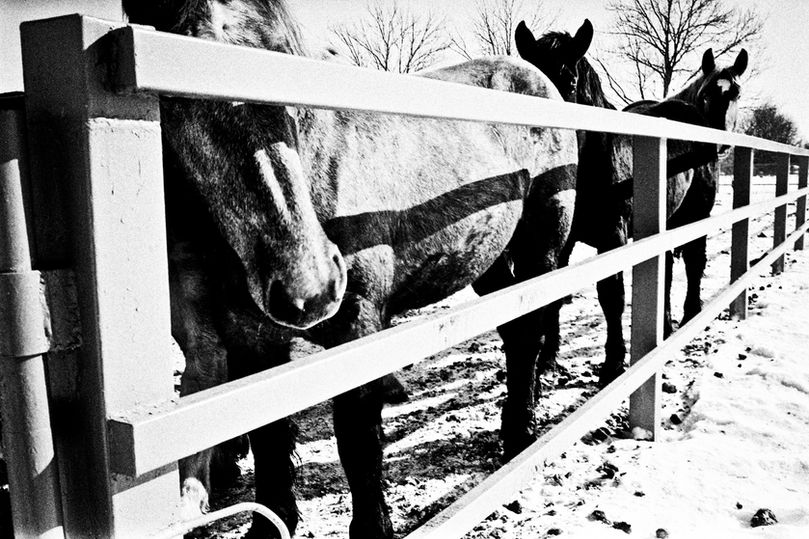I'm a paragraph. Click here to add your own text and edit me. It's easy.
I'm a paragraph. Click here to add your own text and edit me. It's easy.
Matagi
Matagi
Tracks
The farmer told me “It will happen after dusk”.
One day in Spring, at midnight, when the rain was drizzling and the temperature was getting warmer I heard from outside my room: "Hey, it’s born!" It seemed like someone was beating at my door. Since I was fast asleep, I tried to regain consciousness. "You're coming with me! It's almost the break of dawn." I tried to understand what was going on.
“Oh my god…”
When I arrived at the stable, it was already on the ground standing on its own four legs. The farmer mumbled: “Bouncing baby boy”, it was like the arcane ritual of his long and winding road. "I'm sure he will become a great racing horse." The farmer said with a low voice as he was gazing at the young pony. After only a couple of hours, he tried to get milk from its mother. I could hear birds chirping and noticed that the sun was rising.
More than 95 percent of Japan's racehorses are born and raised in the southeast of Hokkaido, an island in northern Japan. The region was known for its war-horses until the early 1900s. The intensity of competition at the horse races increased to the point that the new motto is "Losers must disappear." Because of this competitive climate, about 90 percent of horses born with any kind of defect are transformed into cat food, dog food, and food for human consumption.
























